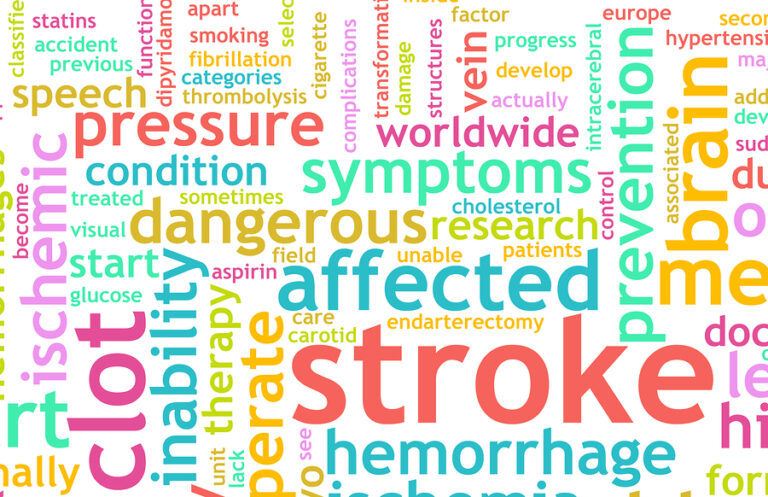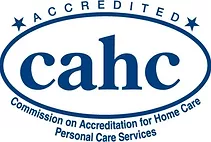Has your elderly loved one had a stroke? If so, it is likely going to change their life in one way or another. Learning more about the challenges that your elderly loved one is likely to face after a stroke can help you to prepare for their current and future care needs. Between you, other family members, and home care providers, your elderly loved one should be able to get the help they need.
Managing Emotions
After learning of a serious illness, many senior citizens experience anger, denial, shock, and even guilt. If your elderly loved one is facing emotional issues after dealing with the effects of a stroke, there are a few things you can do, such as:
- Encourage them to talk to friends and family about their emotions
- Have them talk to a counselor
- Get them into support groups
- Bring in home care to reduce the stress of completing tasks
These are some of the best tips for managing emotions after a stroke. Don’t let your elderly loved one keep struggling with their emotions after a stroke – share these tips with them today.
Dealing with Practical Matters
Many senior citizens do feel helpless after a stroke. They need to confront the effects of the stroke, but that can be difficult. Your elderly loved one may want to know why this happened to them. If this is the case, it would be best to help your elderly loved one deal with the practical matters of a stroke such as:
- Learning about their condition
- Talking about their prognosis with doctors and other members of their care team
- Getting organized
- Get experts such as home care providers involved
- Get help for family caregivers so the stress isn’t entirely on them
It would be a good idea to make a plan for dealing with these practical matters. Once you and your elderly loved one make a plan, it would be good to keep ensuring they are following through with it.
Home Care Can Help
Your elderly loved one will likely need care at home after they had a stroke. Home care can help your senior with handling the effects of a stroke, both physically and emotionally. They can help your elderly loved one to handle their emotions, deal with the practical matters, and deal with daily tasks that are now difficult for them, too.
Conclusion
These are some of the tips to handle permanent stroke effects. If your elderly loved one had a stroke, the effects may affect them forever. However, it is important to help your elderly loved one handle their emotions better, deal with practical matters, and get the care they need, too. If you can do these three things, it will make the effects a bit easier to deal with for your elderly loved one. In addition, these tips help to ensure your elderly loved one is well taken care of during the recovery process, too.
If you or an aging loved one is considering home care in Hillside, NJ, please contact the caring staff at Adult Alternative Home Care today. (888) 664-1769
- Home Care Assistance Can Help Seniors Manage Self-Care Tasks - April 24, 2025
- The Superfood You Shouldn’t Miss - April 9, 2025
- First Home Care Visit? Here’s The Inside Scoop - April 9, 2025


